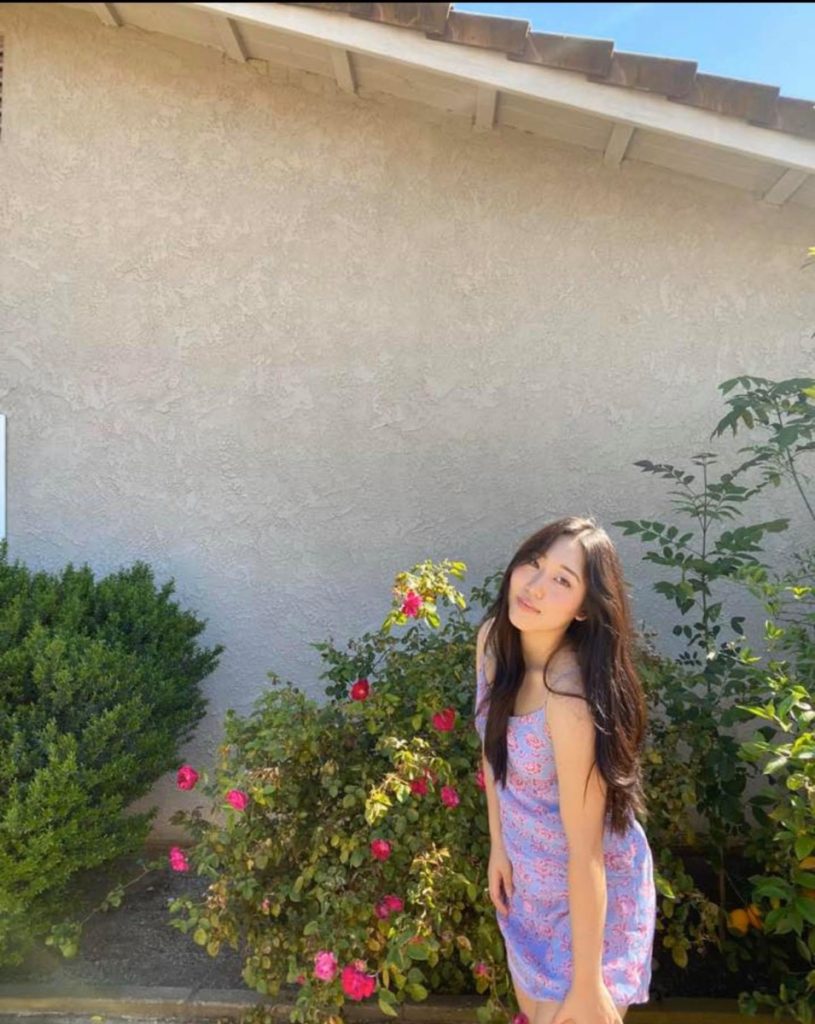by Sooji Lee
Sooji Lee grew up in Riverside, CA and was a YTI scholar in the summer of 2017. She is now a rising junior at the University of California San Diego. She is studying international relations and business.

As recent events have shown, another Black Lives Matter protesting has occurred in the United States. It has happened in all 50 states and 13 countries internationally, and protesting still continues in some cities. However, for many Koreans, their stance on this issue remains unclear due to a scarring past and strong cultural differences.
As a Korean-American myself who grew up in America and had many opportunities to interact with people from different types of backgrounds, I am able to empathize with the Black community without feeling self-conscious or hesitant in supporting the movement. Especially as a “Gen Z” (the new generation), our generation is outspoken in our beliefs, culture, connectivity through social media and creates this sort of “unity” when coming together and fighting for important social/political/economic issues. However, it is not easy for all Korean-Americans to either understand or outwardly show support of the Black Lives Matter Movement due to the long line of history and stereotypes embedded in Korean culture.
The first essential point to understand is how Koreans are pre-exposed to all the negative stereotypes of African Americans before ever even meeting an African American in real life. Through time, most Koreans, whether they live in Korea or the U.S., see the Black community exactly how the media or stereotypes portray them to be: reckless, wild, and low in the economic class. This “image” of African Americans came mostly through movies, social media, word of mouth, and even some influence from the U.S. military who were stationed in Itaewon, South Korea and dispersed these negative stereotypes. It is hard to move past such strong cultural differences when the public seems to always be contrasting Koreans and African Americans as two polar opposite ethnic communities.
Secondly, the 1992 Los Angeles Riots had an extremely influential role in shifting the relationship between Korean Americans and the Black community, who both shared the same residential areas. As Korean immigrants began to flock to Los Angeles (Koreatown), most set up small businesses in the area to sustain themselves and their families. Thus, when the 1992 rioting happened, it completely destroyed a vast majority of these Korean-owned businesses and stirred up tension between the two minority groups. While Korean media focused almost entirely on the looting, violence, and destruction of Los Angeles and portrayed Black people as “savages” (Twomey 146), the Black community’s media focused on the fight for Rodney King’s justice and outrage against police brutality (Twomey 145). Therefore, the same event was seen from two completely different perspectives, causing further miscommunication, rivalry, and resentment between the Korean and Black communities. Later publications of Korean historical novels emphasize how Korean Americans were “victims” of the violent protesting and undeserving of the destruction of their homes and businesses because the writers believed it was a “White and Black war” that they had no part in (Nopper).
For many, this same mentality has carried over in the current Black Lives Matter protesting over the death of George Floyd. In particular, the older generation who experienced the 1992 L.A. riots is still traumatized by what had occurred and see this as another destructive “race-war” that will continue to happen for years to come. Some also argue that since some Black individuals have been videotaped attacking Chinese or Korean people in public, many of which were women and the elderly, for possibly having the “China Virus” (Covid-19), there is no reason the Asian community should be supporting the Black community right now. However, other Korean Americans, such as myself, have grown up in a different society with a more open-minded approach to societal, economic, and political issues and can greatly sympathize with the Black community regardless of past events. If everyone continues to point fingers at one another for the wrong they have done, the world will never be able to make effective changes for a better, more fair society. Now it is my generation’s time to continue this type of mindset moving forward, explain to our parents why we should stand in solidarity with the BLM protest, and help support those who are oppressed and marginalized by systemic governmental bias by uniting together regardless of ethnic background.
Works Cited:
Twomey, Jane L. “Newspaper Coverage of the 1992 Los Angeles Uprising: Race, Place, and the Story of the ‘Riot’; Racial Ideology in African American and Korean American Newspapers.” Race, Gender & Class, Vol 8, No. 4, 2001, pp. 140-154.
Nopper, Tamara K. “The 1992 Los Angeles Riots and the Asian American Abandonment Narrative as Political Fiction.” The New Centennial Review, Vol. 6, No. 2, 2006, pp. 73-110.